Achieving Industrialization in East Asia
This book examines the economic success of the industrializing economies of East Asia. Judged in terms of economic growth, or by a combination of economic and welfare criteria, this group of East Asian countries has established a clear lead over other developing areas of the world. The authors seek to identify the economic policies that have been critical to success. They analyze the varied political backgrounds and cultural heritages which enabled such a disparate group of coountries to choose successful routes to rapid growth. The East Asian countries possess widely divergent endowments of resources, but they face the same international environment as other countries. What has led to their economic achievements? One answer is 'unshackling exports' that most of the Asian countries had shackled in the first place. Other policy strands included political stability, the rule of law and economic policies that distorted prices less than other developing countries. Equally important have been investment in facilities of the social and physical infrastructure. The book's contributors argue that governments thus provided the environment for growth. Private enterprise contributed investment despite risk of uncertainty, and through exposure to international competition became efficient and profitable.
{{comment.content}}
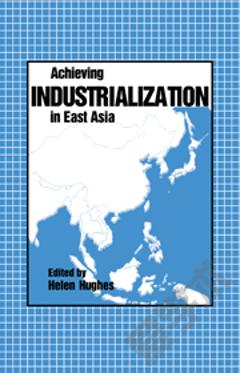

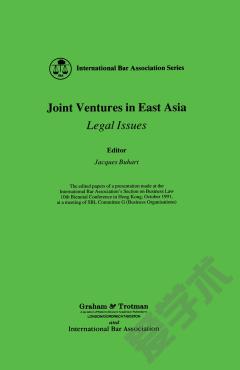
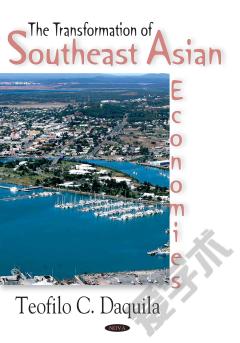
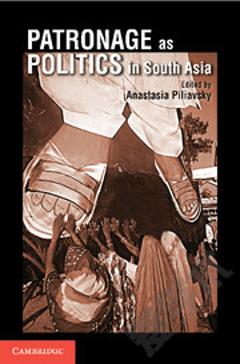
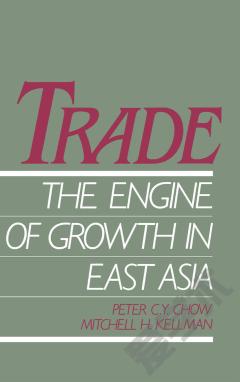
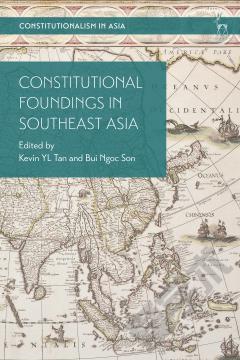

 京公网安备 11010802027623号
京公网安备 11010802027623号